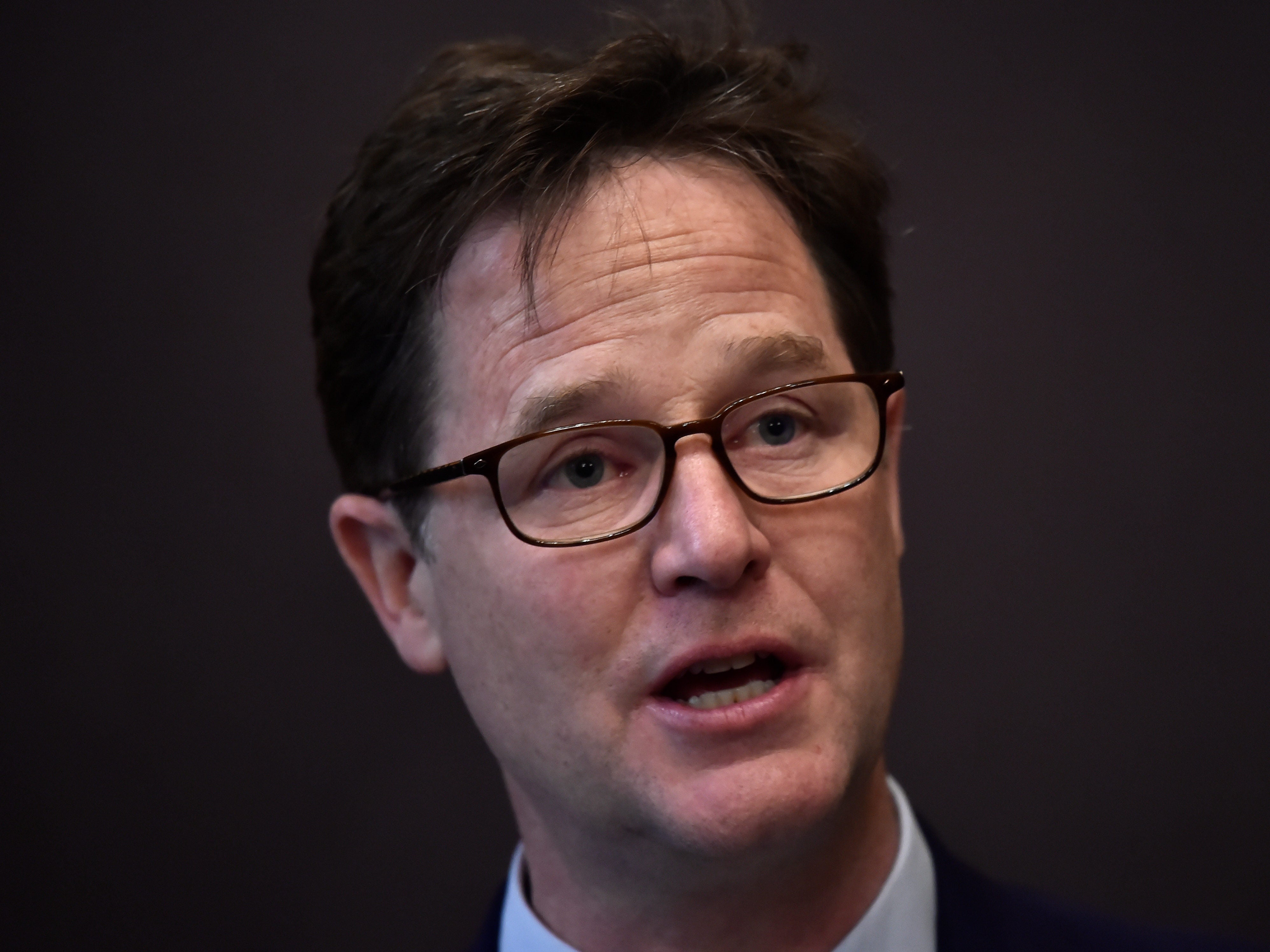
Traditional media had much more influence on the Brexit vote than Facebook and other social media platforms, Nick Clegg has said.
The former deputy prime minister and Liberal Democrat leader also claimed there is “absolutely no evidence” that Russia used Facebook to influence voters ahead of the 2016 EU referendum.
Clegg joined Facebook as its head of global affairs and communications in October last year as it was dealing with the fallout of the Cambridge Analytica scandal and other user data breaches.
Speaking to the BBC Radio 4 Today programme this morning, Clegg said he understood why some people wanted to pin the Brexit vote on “some kind of plot or conspiracy or some use of new social media through opaque means”.
But he added: “I’m afraid the roots of British Euroscepticism go very, very deep and over the last 40 years have been much more influenced by traditional media than they have by new media.”
Press Gazette research published ahead of the referendum in June 2016 found that there was a bias toward Leave among the UK’s national newspapers.
When pushed by Nick Robinson on Russian attempts to use Facebook in efforts to influence the outcome of the referendum, Clegg accepted the tech giant had a “responsibility to protect the integrity of elections from outside interference” but also “explain fact from some of the allegations that have been made”.
He said: “There is absolutely no evidence that it happened in the Brexit referendum. We ran two full analyses of all the data we have in the run up to the Brexit referendum.
“We’ve shared all this information with the Committee in Westminster and elsewhere. We have found no evidence of a significant attempt by outside forces.”
Politicians have long pushed for Facebook and other social media platforms to face Government regulation.
The UK Government set out its own proposals for new online safety laws in a White Paper earlier this year, suggesting that a “duty of care” be imposed on tech companies that allow people to share and discover user-generated content.
Clegg told the BBC that Facebook welcomed regulation, saying: “The online world as a whole has developed so fast in such a short period of time.
“It’s all happened in such a short period of time that I think we are all trying to breathlessly catch up with that pace of growth and now put guard rails in place and rules in place and it’s not for private companies, however big or small, to come up with those rules.”
Picture: Reuters/Hannah McKay
Email pged@pressgazette.co.uk to point out mistakes, provide story tips or send in a letter for publication on our "Letters Page" blog
